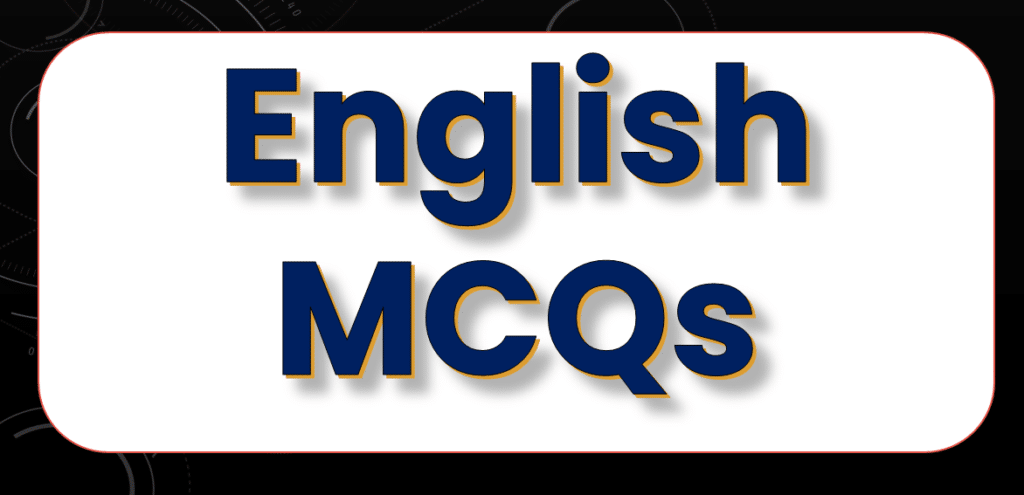A Roadside Stand MCQ 100 Question Answer. These 100 Multiple Choice Questions on “A Roadside Stand MCQ” will help you score full marks in your Class 12 English exam.
A Roadside Stand MCQ 100 Question Answer
About the Poet
Robert Frost
The Poem’s Theme
The Poem’s Structure

Before You Read
Personal Reflection
Stanza 1
The Roadside Stand
Stanza 2
The City’s Allure
The Plight of the Rural People
Stanza 3
The Poet’s Perspective
Stanza 4
The Poet’s Internal Conflict
The Poem’s Conclusion
Think It Out
Understanding the Poem
Talk About It
Group Discussion
Try This Out
Real-World Exploration
The Rhyme Scheme
Sound and Meaning
Stanza Divisions
Shifting Ideas
Overall Analysis
Themes and Symbolism
Literary Devices
Connecting to the Reader
Further Exploration
Robert Frost’s Poetry
Most Asked Important Questions on A Roadside Stand
What is the main theme of Robert Frost’s poem “A Roadside Stand”?
The main theme is the plight of the rural poor and the widening gap between them and the urban, more prosperous society.
How does the poem portray the attitude of city dwellers towards the countryside and its people?
City dwellers are portrayed as indifferent and even annoyed by the presence of the roadside stand and the poverty it represents. They are shown to be disconnected from rural life and its struggles.
What is the significance of the “greedy good-doers, beneficent beasts of prey” in the poem?
This phrase refers to the government and social agencies that claim to help the rural poor but actually end up exploiting them and disrupting their way of life, often for their own benefit.
What kind of imagery does Frost use to depict the longing of the people at the roadside stand?
Frost uses imagery of “childish longing,” “open window,” and “almost open prayer” to show the desperate yearning for a better life and the slim hope of achieving it through the occasional customer.
How does the poem’s structure contribute to its message?
The irregular rhyme scheme and shifting perspectives in each stanza mirror the unpredictable nature of life for the rural poor and the complexity of the issues the poem addresses.
Read also: The Last Lesson 100 MCQ Class 12